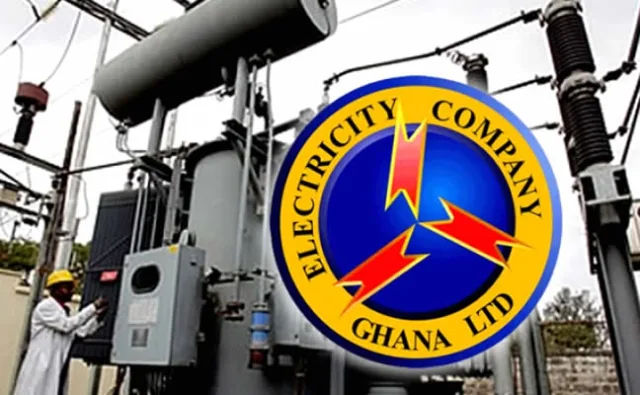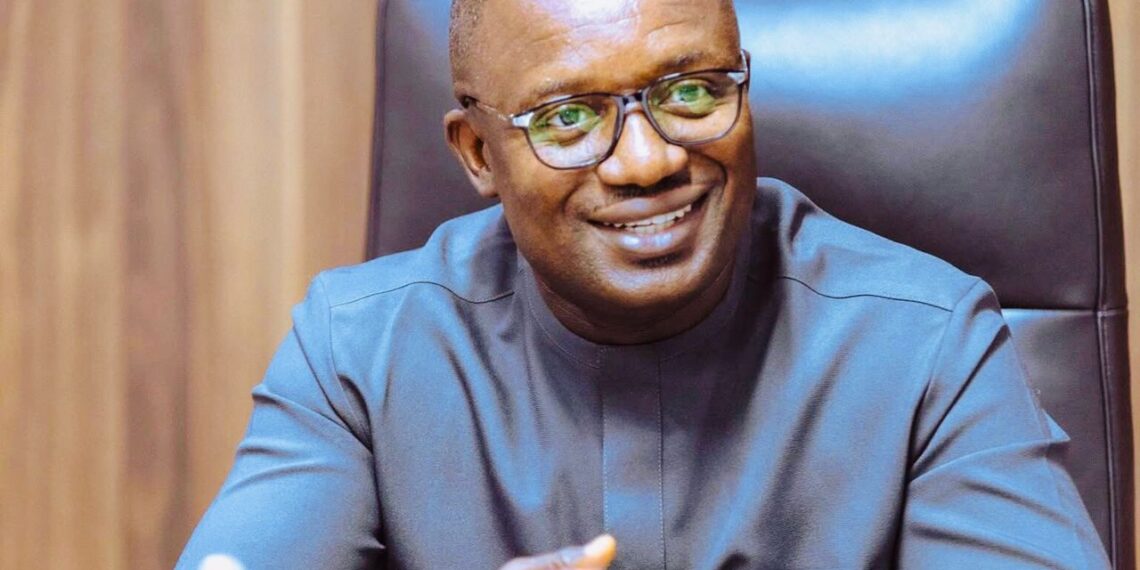The Minister for Energy and Green Transition, John Abdulai Jinapor, has announced that Cabinet has approved a full exemption of electricity bills for select strategic institutions.
The measure, endorsed during a Cabinet meeting chaired by President John Dramani Mahama earlier this week, is set to ease operational costs and strengthen the functionality of key state sectors.
According to Hon. Jinapor, the initiative aims to safeguard critical national services while enhancing accountability in energy consumption across government operations.
“This exemption ensures uninterrupted services in sectors vital to national security, health, and education, while also enforcing accountability among non-exempt users.”
John Abdulai Jinapor, Minister for Energy and Green Transition
The strategic initiative is part of a broader policy shift to boost energy sector accountability and financial discipline while guaranteeing service delivery in essential public sectors.
It represents a significant component of the Mahama administration’s energy management framework.
The directive applies to key state institutions, with the Ministry of Finance tasked with absorbing their power bills through allocated budgetary provisions.

The affected ministries include; Office of the President, Ministry of Defense, Ministry of the Interior, Ministry of Health, and Ministry of Education.
The Minister clarified that the exemption covers only the core operational units of these ministries. Non-essential and auxiliary facilities remain liable for electricity costs.
For instance, in the education sector, only classrooms, universities, lecture halls, research and computer laboratories are covered. However, student dormitories, dining areas, and recreational centers are excluded.
Similarly, within the health sector, electricity exemptions will apply to hospitals, surgical theatres, intensive care units, blood banks, and medical laboratories, while excluding staff quarters and non-clinical facilities.
The Ministry of Defence will enjoy exemptions only for installations deemed critical to national security—such as military intelligence units, defense communication hubs, and emergency systems.
Under the Ministry of the Interior, the exemption will apply to operational police stations and emergency response centers, excluding non-priority administrative units.
Revenue Enforcement for Non-Exempt Entities

As part of the policy framework, the Electricity Company of Ghana (ECG) and the Northern Electricity Distribution Company (NEDCo) have been mandated to ramp up revenue collection efforts from institutions not covered by the exemptions.
The utility companies are empowered to disconnect power supply to any non-exempt institution that fails to settle its electricity debts.
“This is not a blanket free-for-all. The exemptions are targeted and structured.
“ECG and NEDCo have full authority to pursue and disconnect delinquent consumers who are not under this policy.”
John Abdulai Jinapor, Minister for Energy and Green Transition
This electricity exemption policy reflects the Mahama government’s strategic intent to better align energy sector operations with the country’s overall fiscal framework.
“We are not just trying to solve power supply issues; we are ensuring that the sector is financially sustainable.
“This decision supports our vision of a disciplined and transparent energy sector that prioritizes the delivery of public goods.”
John Abdulai Jinapor, Minister for Energy and Green Transition
By removing a significant utility cost burden from frontline institutions, the government aims to reallocate operational resources toward core service delivery in education, healthcare, and national security.
This landmark decision is expected to ease financial pressures on essential government institutions, ensuring their uninterrupted function while reinforcing economic stability in the energy sector.
The government has committed to monitoring the effectiveness of this exemption policy, ensuring that revenue collection and energy efficiency remain a priority across all sectors.
This policy marks a significant shift in how the state manages electricity consumption among its most vital institutions and demonstrates a proactive approach to ensuring uninterrupted public services amidst ongoing energy sector reforms.
READ ALSO: Equities Tread Water as Policy Rate Remains at 28%, Financial Analyst Warns



















